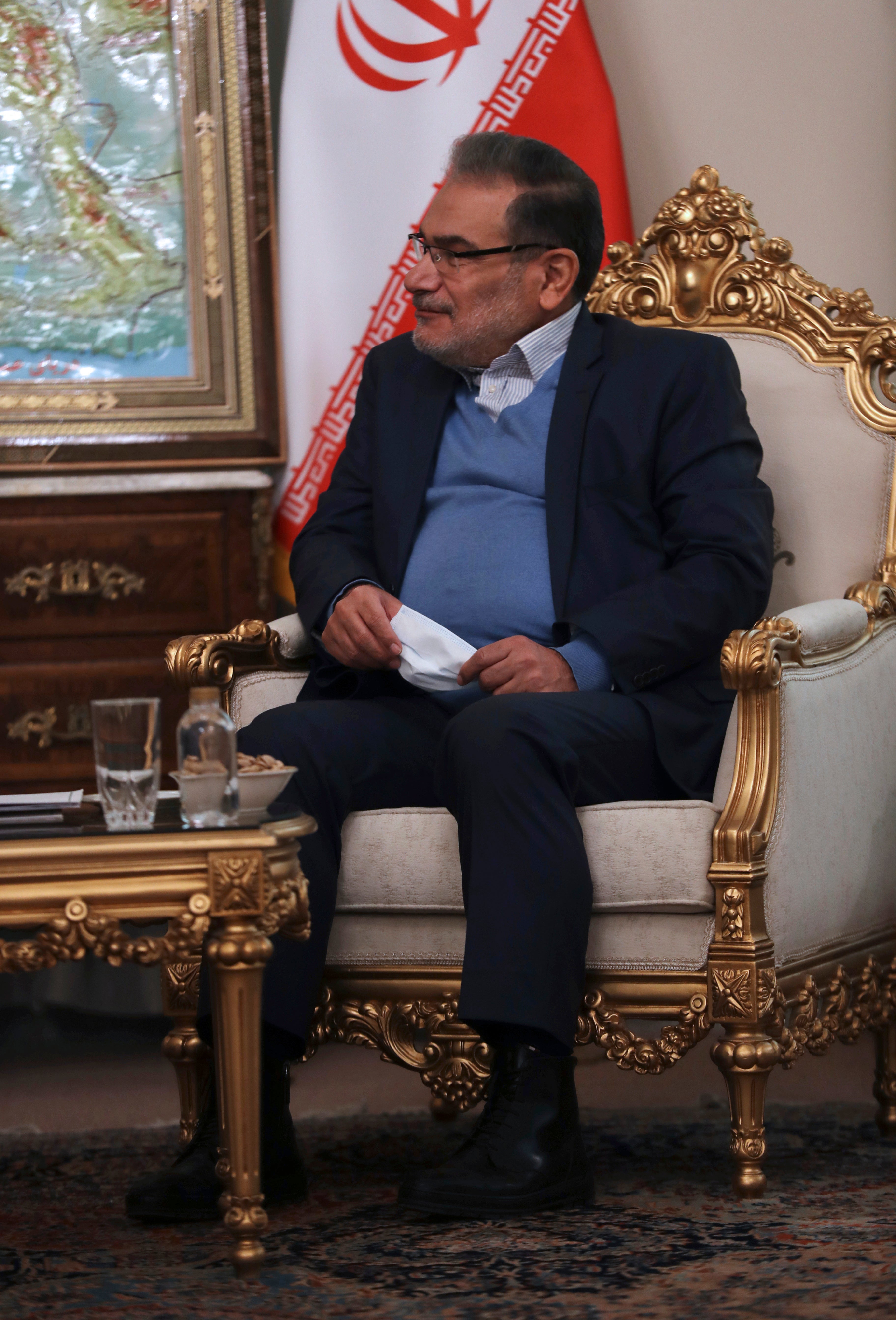Iran seeks 'creative ways' to nuke deal after Russian demand
A top Iranian official says his country is seeking “creative ways” to restore its nuclear deal with world powers after Russia’s foreign minister linked sanctions on Moscow over its war on Ukraine to the ongoing negotiations

A top Iranian official said Monday that his country is seeking “creative ways” to restore its nuclear deal with world powers after Russia's foreign minister linked sanctions on Moscow over its war on Ukraine to the ongoing negotiations.
The tweet by Ali Shamkhani, the secretary of Iran's powerful Supreme National Security Council, offers the first high-level acknowledgment of the demands of Russian Foreign Minister Sergey Lavrov.
“Vienna participants act & react based on interests and it’s understandable,” Shamkhani wrote. “Our interactions ... are also solely driven by our people’s interests. Thus, we’re assessing new elements that bear on the negotiations and will accordingly seek creative ways to expedite a solution.”
In recent days, negotiators on all sides in Vienna had signaled that a potential deal was close as the head of the United Nations' nuclear watchdog agreed to a timetable with Iran for it disclose answers to long-standing questions it had about Tehran's program.
But Lavrov on Saturday said he wanted “guarantees at least at the level of the secretary of state” that the U.S. sanctions would not affect Moscow’s relationship with Tehran. That threw into question the months of negotiations held so far on restoring the 2015 deal, which saw Iran agree to drastically limit its enrichment of uranium in exchange for the lifting of economic sanctions.
On Sunday, U.S. Secretary of State Antony Blinken called Lavrov's demand “irrelevant” as the nuclear deal and sanctions on Moscow over the Ukraine war were “totally different.” The U.S. under then-President Donald Trump unilaterally withdrew from the accord in 2018, setting off years of tensions and attacks across the Mideast.
“Getting out of the deal was one of the worst mistakes that’s been made in recent years. It let the entire Iranian nuclear program that we put in a box out of the box,” Blinken told CBS' “Face the Nation" talk show. “And so if there’s a way of getting back to reimplementing that deal effectively, it’s in our interest to do it and we’re working on that as we speak. It’s also in Russia’s interest.”
Meanwhile, the state-owned, English-language Tehran Times newspaper on Monday published an article suggesting the draft nuclear deal in Vienna would allow Iran to “keep its advanced centrifuges and nuclear materials inside the country.”
It’s “a form of inherent guarantee to make sure that its nuclear program is fully reversible if the U.S. reneged on its commitments again,” the newspaper said, without providing a source for the information.
The 2015 nuclear deal saw Iran put advanced centrifuges into storage under the watch of the International Atomic Energy Agency, while keeping its enrichment at 3.67% purity and its stockpile at only 300 kilograms (661 pounds) of uranium.
As of Feb. 19, the IAEA says Iran’s stockpile of all enriched uranium was nearly 3200 kilograms (7,055 pounds). Some has been enriched up to 60% purity — a short technical step from weapons-grade levels of 90%.
___
Gambrell reported from Dubai, United Arab Emirates.